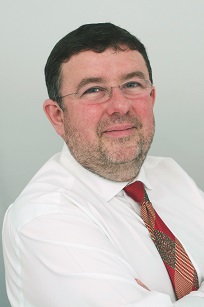News / Calls to confirm STF beyond 2018/19

The £1.8bn STF had become a key part of providers’ finances and its direct allocation to providers now needed to be confirmed beyond 2018/19 (it is currently only confirmed for 2017/18 and 2018/19).
Highlighting recent analysis from the Nuffield Trust, claiming the NHS faced an underlying deficit of £3.7bn in 2016/17, NHS Providers chief executive Chris Hopson said greater realism was needed about the level of recurrent savings providers could achieve. ‘We can’t keep on raiding the capital budget and selling the family silver to make the annual budget add up,’ he said.
‘As the National Audit Office has pointed out, the NHS at a local level remains under considerable financial pressure and the NHS still has a long way to go before we can regard it as being on a sustainable footing again.’
The report said it was now exceptional for a trust to hits its operational targets and make a surplus. ‘The only way to address this is to recognise that additional funding is required or to reduce the delivery ask,’ it said. ‘We cannot carry on expecting that the significant demand, funding and workforce pressures can be absorbed by the sector on current budgets.’
The report also called for a review of the detailed operation of the STF and control totals regime. A new model would need to maximise benefit to the provider sector. Mainstreaming the funding through clinical commissioning group allocations and the national tariff would lead to ‘inevitable leakage’ away from providers.
Trusts also needed to be able to work towards greater autonomy, particularly if they are high performing. ‘This will be the only way to facilitate and support providers being active participants in their STP,’ the report said. A revised financial framework needed an increased focus on sustainability and transformation partnerships as well as the performance of individual institutions.
Related content
We are excited to bring you a fun packed Eastern Branch Conference in 2025 over three days.
This event is for those that will benefit from an overview of costing in the NHS or those new to costing and will cover why we cost and the processes.